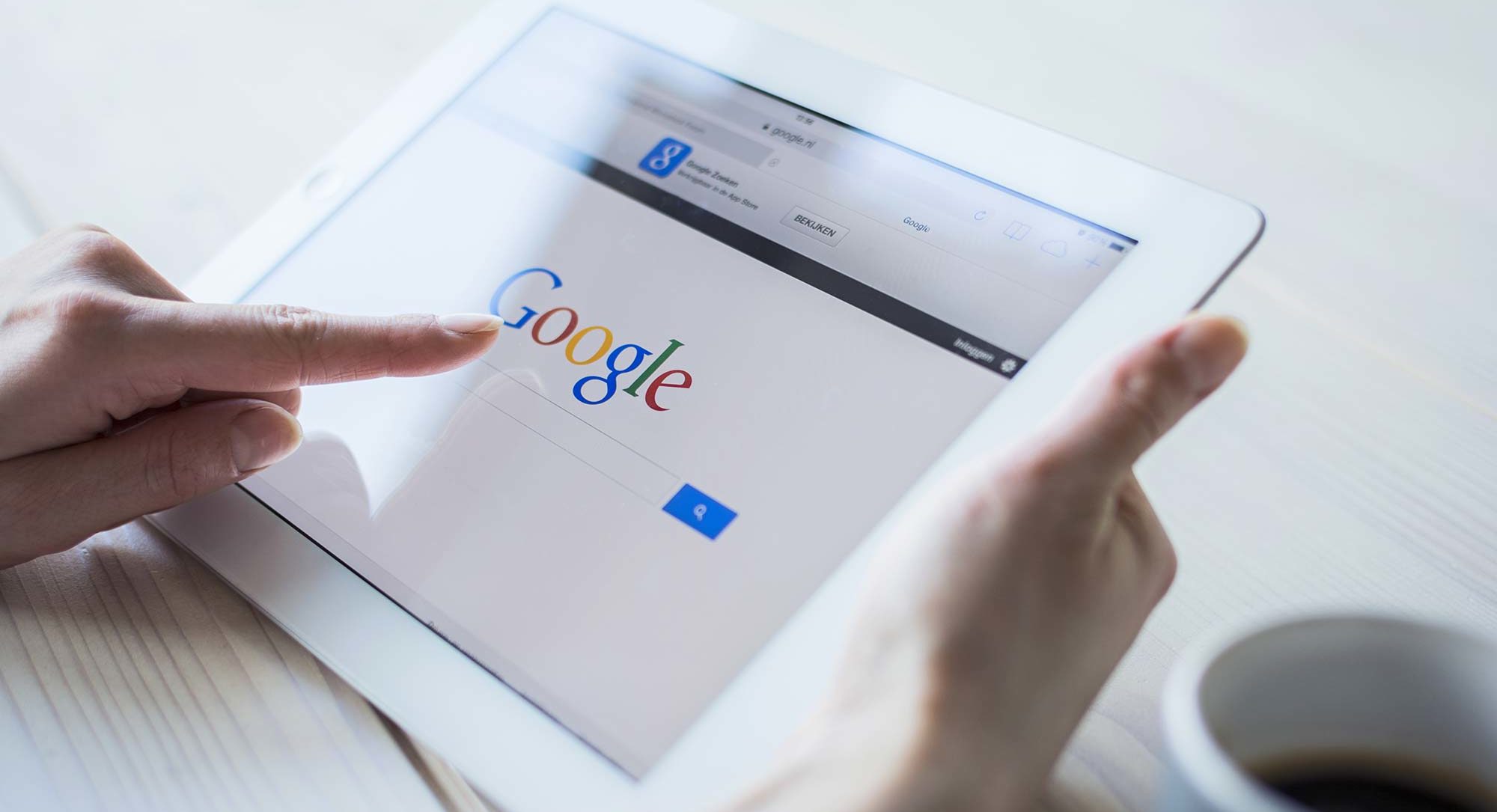 With more patients turning to Google during lockdown, Sonal Bhoot explores whether this is a good option or not.
With more patients turning to Google during lockdown, Sonal Bhoot explores whether this is a good option or not.
Thanks to the power of Google, a person can find information about virtually any topic online. The answer to practically any question on any subject is out there; all you have to do is search for it.
This is both a blessing and a curse. While it is nice to have medical information available on the web for everyone to read 24/7, this can lead to considerable self-diagnosis and self-treatment.
The next question becomes, is that the best thing? Will Google replace individuals with medical degrees such as dentistry?
Let’s take a look at the situation.
Pros to using Google as a symptom checker
Google can be a blessing if someone is experiencing an issue. Now we don’t have to wonder what is going on with our body or dental health until we can schedule an appointment.
At our fingertips are countless pages of information that will tell us precisely what is going on. This can help alleviate symptoms of anxiety and assist a person in deciding if they need to seek immediate treatment.
When an individual does meet with a medical professional, it allows them to describe their symptoms better. And to discuss their condition with their doctor/dentist. It is always a good thing when a patient is an informed patient.
Using Google also allows patients to understand any potential conditions they may have. It can also help them know when it is time to seek a second opinion from another medical professional.
Cons to using Google as a symptom checker
Whilst it is nice to check your symptoms and see what is happening in your mouth or body, there are drawbacks to this as well.
Over half of the US population uses Google to check their medical symptoms. However, a substantial portion of those individuals believe they have a condition far worse than their diagnosis.
This can lead to undue stress for the individual, while waiting for an official diagnosis from a medical professional. It also leads to people booking appointments to visit doctors with conditions they don’t have.
The most significant issue is that people who are not trained medical professionals don’t always understand how to interpret their symptoms.
Some symptoms are indicative of multiple different medical or dental issues. Doctors and dentists are trained to figure out what symptoms equate to a probability of certain conditions. They know what tests to order and what exams to conduct.
A layman without training does not understand how to interpret symptoms and can’t order tests to rule conditions in or out. This can lead to a misdiagnosis and a poor attempt to treat the condition at home with non-approved methods. Or the person could address a condition they don’t actually have.
However, another problem is when people think reading Google means they know more than their doctor or dentist.
This leads to a person misdiagnosing themselves or attempting to administer treatment themselves.
It’s one thing to try to plug the hole from a dislodged filling with chewing gum. It’s something completely different to try a medical or dental procedure on yourself. A person could also refuse to believe their doctor or dentist, and refuse treatment for their condition.
Do people believe all the medical advice they read on the internet?
People may not believe all of the medical information they read on the internet. But they do believe a considerable amount of it.
Studies show that close to 60% of people have researched their medical conditions online. Close to half of that group ends up thinking they have a condition far worse than they actually have.
If a person doesn’t fully trust their doctor or just believes they have a condition without evidence, they may continue to believe the internet over a medical professional.
An informed patient is essential. It’s not good to have a patient that just blindly follows medical advice.
But believing everything one reads online makes the job of medical professionals even more difficult. At some point, a dentist/doctor is correct – not Google.
Can Google replace traditional dental appointments?
While Google can prove to be a helpful complement to a medical professional, it will never replace traditional appointments with medical providers, especially a dentist.
The internet is full of information a person can use to learn about any conditions they have and tips for their oral health. But the internet cannot replicate everything that happens during dental visits.
While Google can serve a great purpose and help people have a general idea of what is happening in their mouth, it is impossible to replicate the services of a dentist.
Why would a person choose Google over a visit to the dentist?
There are many reasons a person would use Google over a visit to the dentist. The cost of a dental appointment could be significant.
Another genuine issue that people have is a fear of the dentist. For some individuals, the sounds of things like the drills and tooth cleaning tools trigger anxiety and panic episodes.
If a person suffers from these issues, visiting the dentist is an awful experience. Using Google for analysing and treating their symptoms will seem much less stressful for them.
Summary
Google has become a powerful tool for anyone seeking information on virtually any topic imaginable. Medical knowledge can be quickly found, and people can check their symptoms without visiting a professional.
While this offers the upside of a well-informed patient, this also comes with the downside of a patient incorrectly diagnosing themselves. An improper diagnosis from someone who isn’t trained can cause the patient undue stress and even harm.
While Google is an excellent tool for finding information, nothing can replace a dentist or doctor’s visit.


